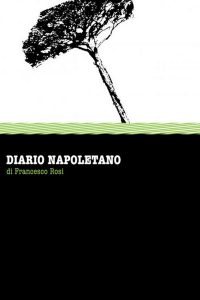
A fascinating return to the same issues done in a semi-docu style. The ‘story’ joins Rosi as he fights his way through impossible city traffic to a school of architecture to host a discussion of the older movie. Read More »
Documentary
The Moscow Elegy (1987) Andrei Tarkovsky, Tonino Guerra, Aleksandr Sokurov, Art-house, Documentary
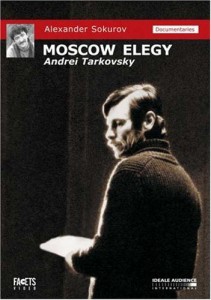
A film in homage to Russian filmmaker Andrei Tarkovsky. It concentrates on his absence from the Soviet Union and what he left behind. There are episodes of his funeral and places he lived in Moscow.
Read More »
The Strange World of Mojica Marins (2001) André Barcinski, Ivan Finotti, José Mojica Marins, Conceição Marins, Isaac Flor, Documentary
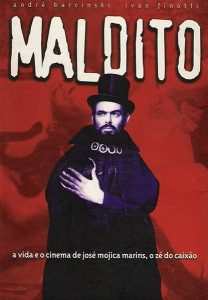
The first documentary on José Mojica Marins’s (the legendary Zé do Caixão or Coffin Joe) life and work. Read More »
Karayuki-san / The Making of a Prostitute (1975) Shôhei Imamura, Kurahachi Fukuda, Tora Hirano, Documentary
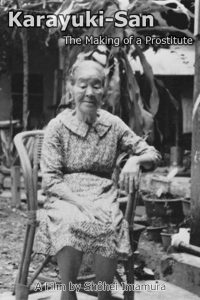
It is a documentary on one of the Japanese “karayuki-san,” who were women that were taken from their homes in Japan and used as prostitutes in the post-war period. Read More »
The Love Epidemic (1975) Brian Trenchard-Smith, Michael Laurence, Rosalind Speirs, Peter Reynolds, Documentary, Comedy
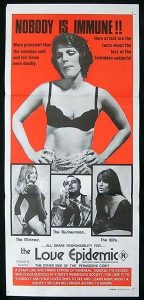
This Australian educational documentary concerns venereal disease in the pre-AIDS era and reveals that it is a problem that should be taken seriously by everyone — whether young or old, gay or straight. Read More »
Flying Clipper – Traumreise unter weissen Segeln (1962)
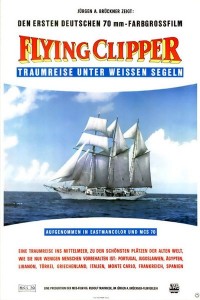
A spectacular bit of cinema, a Geography lesson of the Mediterranean Sea second to none. Read More »
De andre (2012) Margreth Olin, Goli Mohammed Ali, Husein Ali, Khalid Faquiri, Documentary, Drama
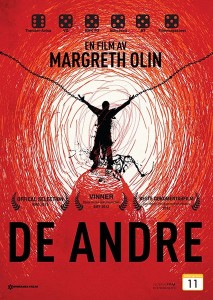
In 2009 the Norwegian government introduced several measures to restrict immigration. One of the measures was to provide unaccompanied asylum seeking children temporary residence permits. Read More »
Yvy Maraey (2013) Juan Carlos Valdivia, Elio Ortíz, Felipe Román, Drama, Documentary
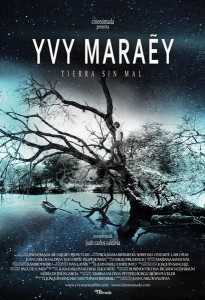
A filmmaker tracing the steps of Swedish explorer Erland Nordeskiold travels with a Guarani Indian from the highlands of La Paz to the swamps in the forests of South Eastern Bolivia, a place where uncontacted indigenous still exist. Read More »
South (1919) Frank Hurley, Ernest Shackleton, Frank Worsley, J. Stenhouse, Documentary, Adventure
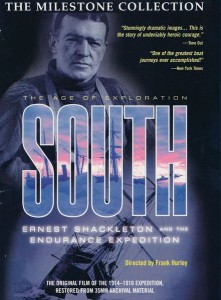
The story of the 1914-1916 Antarctic exploration mission of Sir Ernest Shackleton. The ship sails south, breaking the ice, and ultimately getting trapped by the fast-changing weather. Read More »
Postwar History of Japan as Told by a Bar Hostess (1970) Shôhei Imamura, Chieko Akaza, Etsuko Akaza, Tami Akaza, Documentary
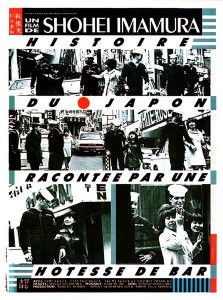
The star of this documentary is a quintessential Imamura heroine: a hard-nosed, ruthless survivor, with a sense of loyalty and an earthy sense of humor. Read More »